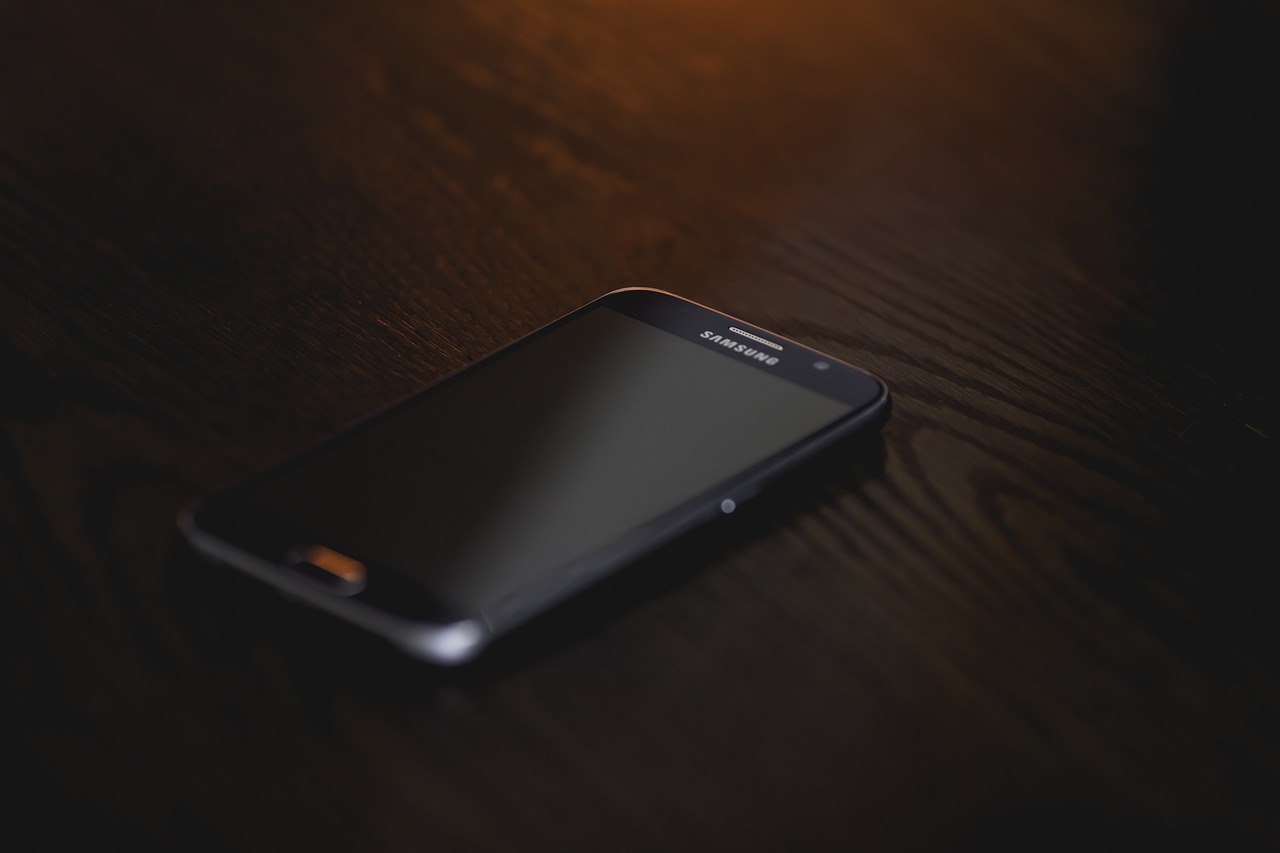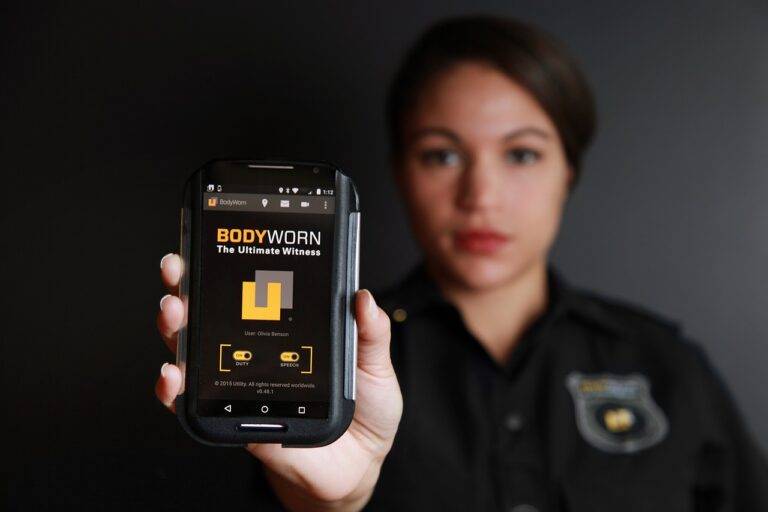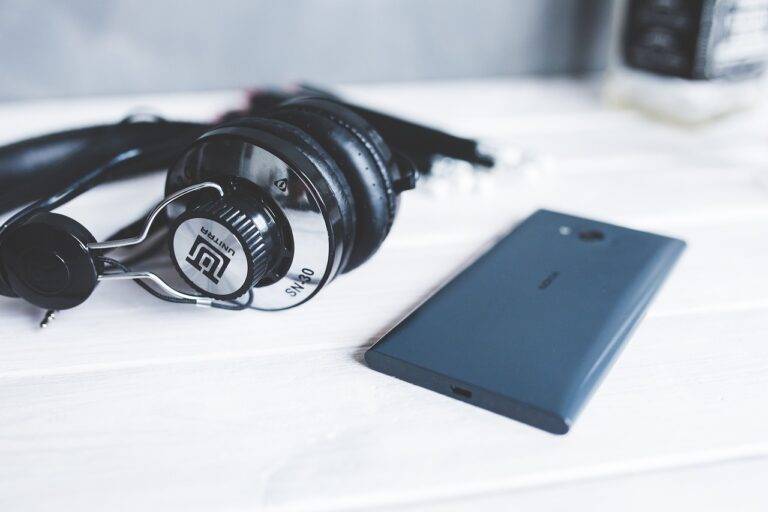The Future of Wearable Health Monitoring Devices
Wearable health monitoring devices have revolutionized the way individuals track and manage their health in real-time. These devices, typically worn on the body or integrated into clothing, have sensors that capture data such as heart rate, sleep patterns, physical activity, and more. The data collected by these devices provides users with valuable insights into their overall health and wellness, empowering them to make informed decisions about their lifestyle and healthcare habits.
Advancements in technology have led to the development of wearable health monitoring devices that are not only accurate but also convenient to use. The compact and lightweight design of these devices makes them easy to wear throughout the day, allowing users to seamlessly integrate health tracking into their daily routines. Additionally, the data collected by wearable health monitoring devices can be easily synced with mobile apps or cloud platforms, enabling users to access and analyze their health metrics anytime, anywhere.
Benefits of Using Wearable Health Monitoring Devices
Wearable health monitoring devices offer users the convenience of continuously tracking their health metrics in real time, enabling proactive management of their well-being. These devices can monitor various vital signs such as heart rate, blood pressure, and oxygen levels, providing valuable data for individuals to make informed decisions about their health and fitness routines. Moreover, the ability to access this information on-the-go allows for immediate action in case of any irregularities, potentially preventing health complications.
Challenges in the Development of Wearable Health Monitoring Devices
One of the key challenges in the development of wearable health monitoring devices is ensuring accurate and reliable data collection. The devices need to be precise in measuring vital signs and health parameters to provide users with meaningful insights into their well-being. Any inaccuracies in the data collected could lead to incorrect analysis and potentially harmful conclusions for the users.
Another significant challenge is ensuring the scalability and interoperability of wearable health monitoring devices. With the rapid advancements in technology, devices need to be designed in a way that allows for seamless integration with other devices and software systems. This interoperability is crucial for healthcare professionals to access and interpret the data efficiently, leading to better-informed decisions regarding patient care.
What are some of the key challenges faced in the development of wearable health monitoring devices?
Some of the key challenges include ensuring accurate data collection, maintaining device comfort and user-friendliness, managing power consumption, addressing data security and privacy concerns, and integrating with existing healthcare systems.
How important is the accuracy of data collected by wearable health monitoring devices?
Accuracy of data is crucial as it directly impacts the effectiveness of health monitoring and the decisions made based on the collected information. Ensuring accurate data collection remains a significant challenge for developers.
How can developers address the challenge of maintaining device comfort and user-friendliness?
Developers need to focus on designing devices that are lightweight, non-intrusive, and comfortable to wear for extended periods. User-friendly interfaces and easy connectivity with smartphones or other devices can also enhance the user experience.
What are some strategies to manage power consumption in wearable health monitoring devices?
Developers can explore energy-efficient designs, optimize sensor usage, implement low-power communication protocols, and incorporate features like sleep modes or power-saving settings to extend battery life.
How can developers address data security and privacy concerns associated with wearable health monitoring devices?
Implementing robust encryption methods, secure data storage practices, user authentication mechanisms, and compliance with data protection regulations are essential to safeguarding sensitive health information collected by these devices.
How can developers ensure seamless integration of wearable health monitoring devices with existing healthcare systems?
Compatibility with common data formats, interoperability with electronic health records (EHR) systems, and collaboration with healthcare providers and institutions are key factors in facilitating the integration of wearable health monitoring devices into the broader healthcare ecosystem.





